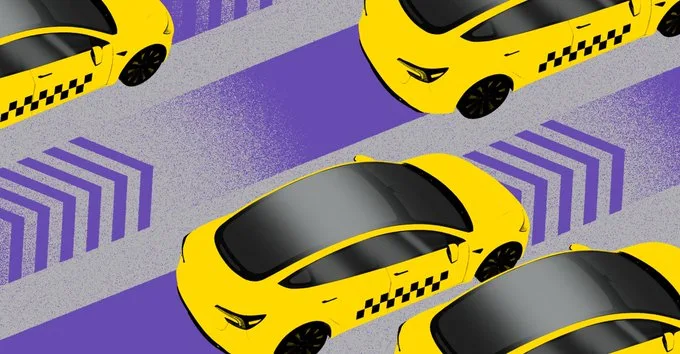How Texas Autonomous Vehicle Laws Gave Tesla a Green Light
Tesla’s robotaxi fleet is about to hit the streets of Texas, and it’s no accident this is happening here first. Thanks to some of the most permissive texas autonomous vehicle laws in the country, the Lone Star State has become a haven for AV (autonomous vehicle) innovation. With minimal regulatory roadblocks and a fast-track permit process, companies like Tesla, Waymo, and Zoox are finding Texas an ideal proving ground. But this accelerated adoption is stirring concerns among safety advocates, lawmakers, and everyday Texans. How did we get here—and what does it mean for the future of driverless transportation?
Image : GoogleWhy Texas Became the Epicenter for Autonomous Vehicle Testing
Texas made its AV intentions clear back in 2017 with a landmark law designed to welcome self-driving technology. Senate Bill 2205 allowed AV companies to operate statewide without the need for local approval, provided they meet basic insurance requirements and submit operational information to the Texas Department of Motor Vehicles. Unlike states such as California, which require comprehensive safety reporting, public disclosures, and continuous monitoring, Texas adopted a hands-off model rooted in business-friendliness and technological optimism.
This approach immediately attracted major players. Tesla, headquartered in Austin, seized the opportunity to expand its AV ambitions right in its backyard. Other companies like Alphabet’s Waymo and Amazon-owned Zoox followed suit, launching pilot programs across Texas cities. As of 2025, Austin’s roads host over 100 Waymo cars offering paid rides, with more competitors joining by the month. The message is clear: Texas is open for AV business.
Tesla’s Robotaxi Fleet: A Bold Move with Few Restrictions
Tesla’s upcoming robotaxi launch is a direct result of the regulatory environment Texas has cultivated. A recent sighting of a Model Y labeled “ROBOTAXI,” operating with no driver behind the wheel, confirmed that the company is actively testing these vehicles in public traffic. Elon Musk later hinted this was part of a small initial fleet expected to go live in Austin within days.
What’s striking is how easily Tesla was able to roll this out compared to what would be required in other states. There’s no formal mandate for independent safety assessments, public transparency reports, or detailed technical disclosures. As long as Tesla reports its activity and maintains insurance, it can deploy and operate its autonomous fleet with minimal oversight. Critics argue this laissez-faire structure offers little accountability—especially when these vehicles share the road with pedestrians, cyclists, and traditional drivers.
Public Safety vs. Innovation: Are Texas Laws Too Lenient?
While texas autonomous vehicle laws have undeniably fostered innovation and attracted high-profile investment, they’re not without controversy. Experts like Phil Koopman of Carnegie Mellon University warn that such permissiveness may compromise public safety. “If you show up and tell the state you’re operating and have insurance, you’re good to go,” Koopman says. That might work for business, but what about the lives at stake?
Texas cities now face a tricky balancing act. On one hand, they benefit from being at the forefront of AV tech, enjoying increased jobs, visibility, and investment. On the other, they must navigate growing unease among residents witnessing driverless vehicles navigating their neighborhoods with no clear accountability structure in place. Calls for new legislation—perhaps modeled after more cautious states—are growing louder, especially as real-world deployment scales up.
The Road Ahead for Texas and Autonomous Vehicles
Texas has firmly positioned itself as a key player in the AV revolution. Its laws have allowed companies like Tesla to move fast, break norms, and test the limits of autonomous technology on public roads. But as these vehicles move from pilot programs to commercial deployment, questions about transparency, liability, and public oversight will become harder to ignore.
For now, Tesla’s robotaxi rollout is a milestone moment—one made possible by the unique regulatory landscape of the Lone Star State. Whether that landscape continues to favor industry over safety will depend on how Texas responds to the risks that come with leading the way.


